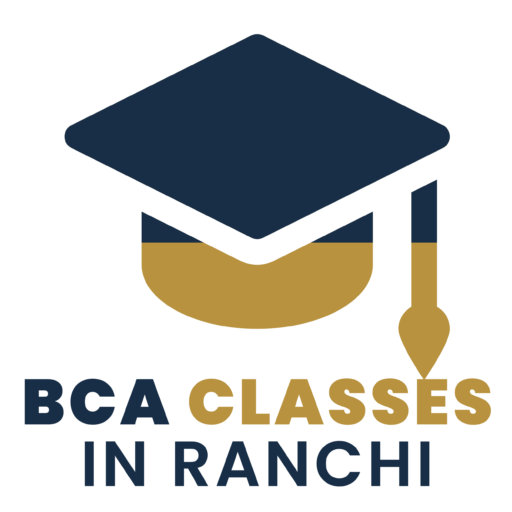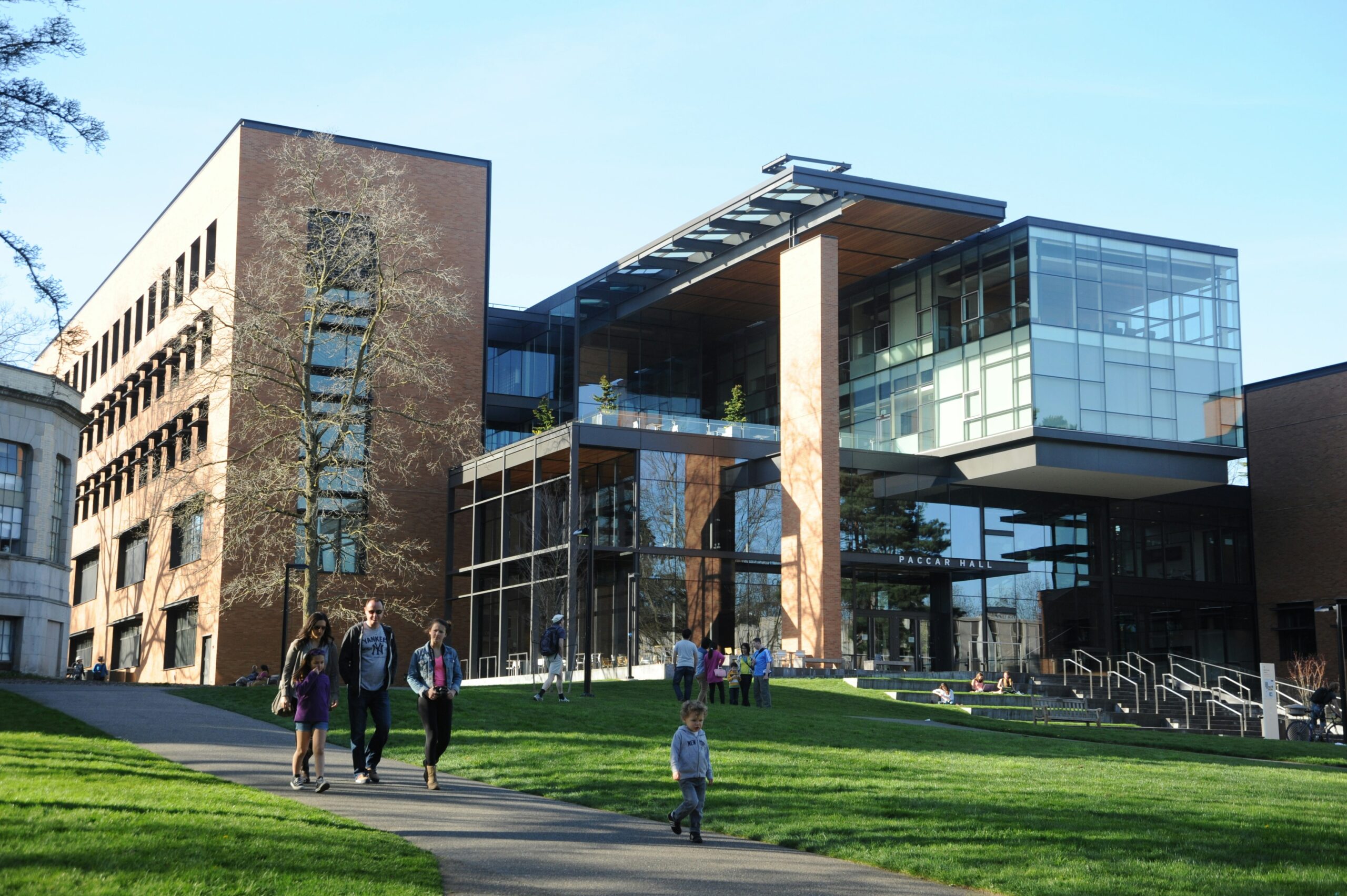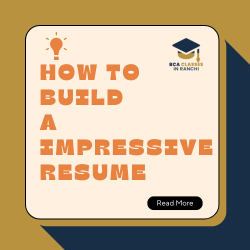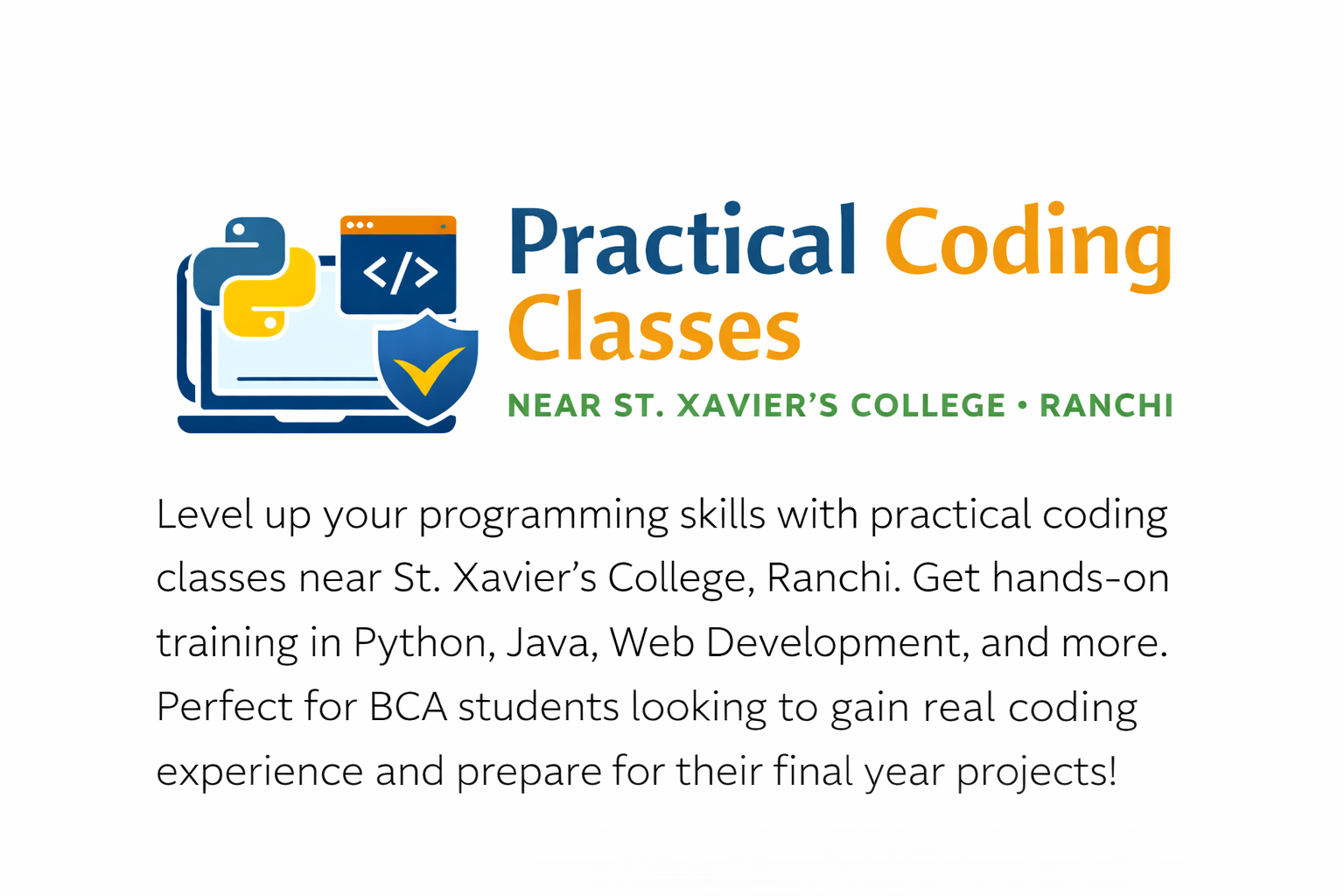Understanding the Campus Placement Process
The campus placement process for Bachelor of Computer Applications (BCA) graduates is a multifaceted journey that typically consists of several key stages. It begins with registration, where students express their interest in participating in the recruitment drive. This initial step is crucial, as it allows students to specify their preferences regarding job roles and companies, thereby paving the way for the next stages of the process.
Following registration, pre-placement talks (PPTs) are conducted by participating companies. These sessions provide valuable insights into the organizations’ cultures, job responsibilities, and the skills they seek in candidates. Attending these talks is essential for BCA graduates as it helps them understand not only the job roles available but also the expectations companies have from prospective employees. This preparation allows students to align their skill sets with industry requirements, enhancing their employability.
The next phase involves the actual recruitment process, which commonly includes written tests, group discussions, and personal interviews. Written tests often assess candidates’ technical knowledge and analytical skills, while group discussions gauge their interpersonal skills and teamwork capabilities. Personal interviews further explore a candidate’s technical expertise and soft skills, which are increasingly significant in today’s job market.
Moreover, it is imperative for BCA students to conduct thorough research on potential employers. Understanding a company’s mission, vision, and current projects can significantly impact a candidate’s performance during interviews. With a comprehensive understanding of the job market, candidates can tailor their resumes and prepare for interviews more effectively, ensuring they highlight the skills and experiences most relevant to the employers’ needs.
Building Essential Skills for Campus Placements
Preparing for campus placements after completing a Bachelor of Computer Applications (BCA) requires a strategic focus on both technical and soft skills. Among the technical skills, proficiency in programming languages such as Java, Python, and C++ is vital, as these languages are often sought after by employers in the technology sector. A strong grasp of algorithms and data structures is equally important, as these foundational elements not only support robust programming capabilities but also enhance problem-solving skills during interviews.
In addition to programming knowledge, familiarity with the software development lifecycle is essential. Understanding different development methodologies, such as Agile and Waterfall, can provide candidates with a competitive edge. Moreover, engaging in practical coding exercises and projects can significantly improve one’s technical competence, allowing candidates to demonstrate their skills effectively during campus placements.
On the other hand, soft skills play a crucial role in the overall success of candidates during interviews and group discussions. Effective communication is paramount, as it enables candidates to articulate their thoughts clearly and confidently. Furthermore, teamwork skills are essential, since many workplaces operate in collaborative environments. Candidates should strive to express their ideas while respectfully considering the input of others, thereby demonstrating their ability to work harmoniously in teams.
Moreover, adaptability is a highly valued skill in the dynamic tech industry. Candidates must be able to respond positively to feedback and adjust their strategies accordingly. To bolster these essential skills, prospective placement candidates can leverage various online platforms that offer courses on programming, communication, and teamwork. Participating in workshops and coding competitions also provides invaluable experience and helps in reinforcing the skills learned.
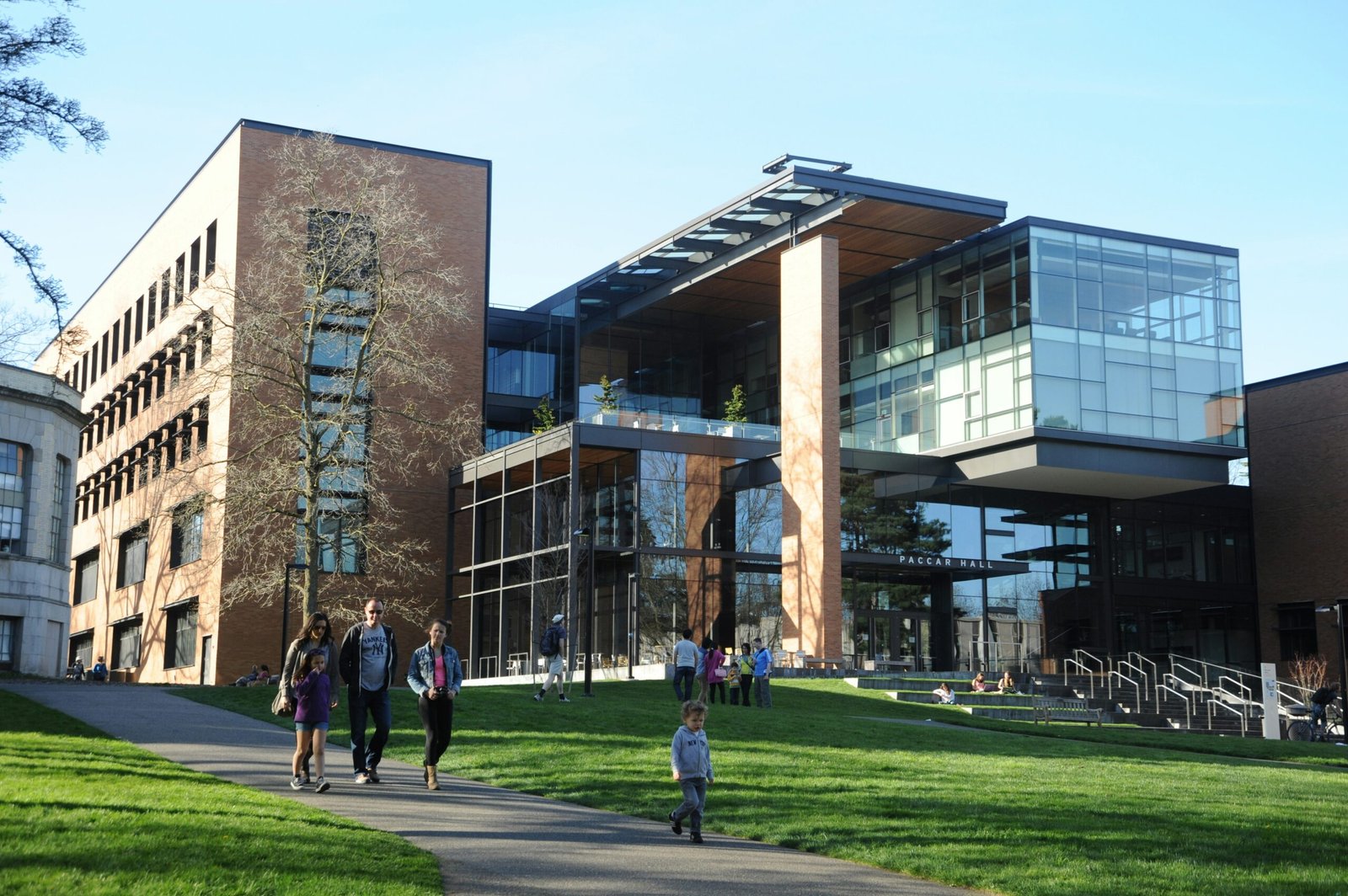
Creating an Impressive Resume and Cover Letter
Crafting an impressive resume and an effective cover letter is crucial for students preparing for campus placements after completing their Bachelor of Computer Applications (BCA). A well-structured resume serves as your initial introduction to potential employers, while a tailored cover letter provides the opportunity to showcase your personality and passion for the role. To start with, both documents must include essential components such as education details, internships, projects, and relevant work experience.
Your resume should begin with a clear objective or summary statement that highlights your career aspirations and core competencies. This is particularly important as it gives prospective employers a snapshot of your qualifications at a glance. Following this, list your educational qualifications in reverse chronological order, ensuring to include your BCA degree, along with any other relevant certifications. Also, emphasize any technical skills, programming languages, or tools you have mastered during your studies.
More
Internships and projects play a significant role in demonstrating your practical experience. Assign a separate section in your resume for internships, detailing your responsibilities and achievements. When listing projects, include any teamwork or leadership experiences that exhibit your capacity to work collaboratively in a professional environment. Be sure to quantify your achievements wherever possible, using metrics to provide tangible evidence of your impact.
Formatting is equally essential; use a clean and professional design that is easy to read. Choose a standard font and maintain consistent font sizes and bolding for section headings. Tailor the landscape of your documents to suit the specific role you are applying for—this can include using industry-specific keywords. The cover letter should complement your resume, reflecting your genuine interest in the role while giving a broader view of your accomplishments. Consider using a formal tone and addressing the hiring manager directly whenever possible.
By integrating these elements thoughtfully, you will create compelling resume and cover letter documents that stand out during campus placements, significantly boosting your chances of securing interviews with potential employers.
Preparing for Interviews and Assessments
The preparation for campus placements after completing a Bachelor in Computer Applications (BCA) involves a multifaceted approach, particularly when it comes to interviews and assessments. Candidates will typically face technical interviews, human resource (HR) interviews, and various aptitude tests, each requiring tailored strategies for effective preparation.
Technical interviews often evaluate a candidate’s proficiency in programming, algorithms, and problem-solving skills. It is essential to revisit core concepts and revise programming languages relevant to the job roles being applied for. Engaging in coding challenges on platforms such as LeetCode, HackerRank, or CodeSignal can significantly enhance coding skills and boost confidence. Regular practice with these challenges not only hones technical skills but also familiarizes candidates with the kind of questions they might encounter.
HR interviews typically focus on assessing a candidate’s personality, interpersonal skills, and cultural fit within a company. It is beneficial to prepare answers for common HR questions such as “Tell me about yourself” or “Describe a challenging situation you’ve faced.” Conducting mock interviews with peers can help in refining responses and improving articulation during the actual interview. This practice allows candidates to simulate real interview scenarios, thereby reducing anxiety.
Aptitude tests are designed to evaluate logical reasoning, quantitative skills, and verbal abilities. Candidates should engage in systematic preparation by identifying the types of questions frequently asked in these assessments. It is advisable to practice with previous placement papers and sample questions to develop a strong aptitude. Understanding the time constraints and efficiently managing the exam duration will further enhance performance.
Conclusion
Managing interview anxiety is crucial for presenting oneself confidently. Techniques such as deep breathing, visualization, and positive affirmations can be valuable in easing nervousness. Furthermore, it is important for candidates to send a follow-up email thanking the interviewers, expressing appreciation for the opportunity, and reiterating their interest in the position. This courteous gesture can often leave a lasting impression.
Read Our Latest Blog
How to Build a Strong BCA Project Portfolio
Phone Number: +91-7488456170
Email ID: abhishek@eepl.me
Our Platforms:
Digilearn Cloud
EEPL Test
Live Emancipation
Follow Us on Social Media:
Instagram – EEPL Classroom
Facebook – EEPL Classroom
Stay connected and keep learning with EEPL Classroom !
